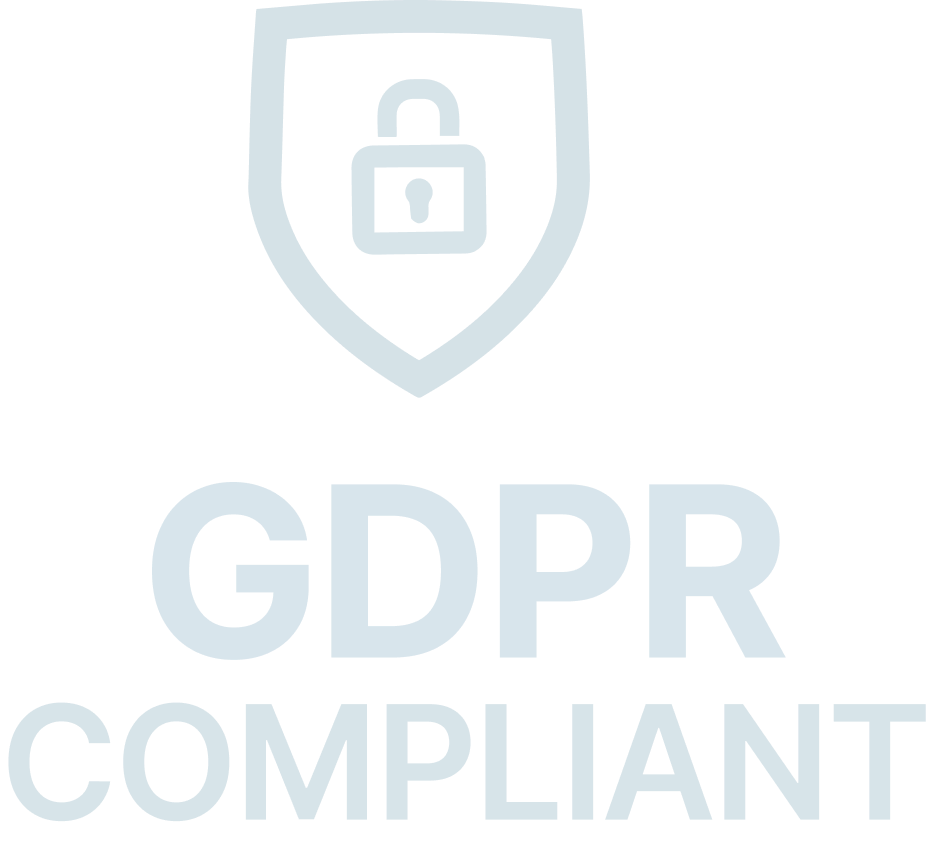In project management, clearly defined roles play a central role in the success of a project. A better understanding of these roles helps to allocate responsibilities, minimize risks and drive the project forward efficiently.
The importance of roles in a project
In project management, there are a variety of roles that contribute to the successful completion of a project. These roles can vary depending on project size, industry and organization. A clear definition of roles and responsibilities is crucial to the successful completion of a project.
Overview: roles in a project
Project manager
- The main responsibility of the project manager is to plan, monitor, and control the project.
- He is responsible for the successful implementation of the project and the achievement of the project objectives.
- The project manager's tasks include, among others, creating the project plan, coordinating project staff, monitoring project progress, and risk management.
awork helps project managers keep track of tasks, schedules and resources – without Excel chaos.
Project team
- The project team consists of the individuals who are directly involved in the implementation of the project.
- This includes subject matter experts, developers, designers, and other skilled professionals who contribute their expertise and abilities to achieve the project objectives.
- The team members are responsible for completing the tasks assigned to them on time and with high quality.
💡 awork brings structure to your project roles
Clearly defined roles are crucial for the success of a project - and awork ensures that they actually work on a day-to-day basis. With clear task allocation, smart resource planning and simple team communication, everyone involved keeps an overview.
This way, everyone knows what needs to be done - from the start of the project to its successful completion.
[.b-button-primary]Discover awork[.b-button-primary]
Project sponsor
- The project sponsor (also known as the client) is the person or organization that initiates and funds the project.
- The sponsor provides the necessary resources and makes decisions that can affect the success of the project.
- He is also responsible for defining the project objectives and ensuring that the project meets expectations.
Stakeholders
- Stakeholders are all the individuals or organizations that are directly or indirectly affected by the project's outcomes.
- This includes customers, suppliers, employees, regulatory authorities, and other interest groups.
- The stakeholders have different expectations and requirements for the project that need to be considered by the project team and integrated into the project plan.
Project coordinator
- The project coordinator supports the project manager in planning, organizing, and communicating within the project.
- He is responsible for coordinating project staff, gathering information, and creating reports.
- The project coordinator can also act as a mediator between the various project participants and ensure that all project requirements are met.
Risk manager
- The risk manager is responsible for identifying potential risks in the project, assessing them, and developing appropriate measures to mitigate the risks.
- He works closely with the project manager to ensure that risk management is integrated into the project plan.
Quality manager
- The quality manager is responsible for ensuring compliance with quality standards and guidelines in the project.
- He develops quality management plans, oversees the implementation of quality measures, and conducts quality audits.
- The quality manager helps to ensure that the project objectives are achieved with high quality.
Change manager
- The change manager is responsible for managing changes in the project effectively and efficiently.
- He identifies and evaluates change requests, develops change plans, and ensures that the changes are successfully implemented.
- The change manager contributes to the project's ability to remain flexible in the face of changes without jeopardizing project success.
Advantages of a clear distribution of roles
A clear distribution of roles in projects provides structure and clarity. It helps to clearly define responsibilities, which increases the efficiency and progress of a project. Everyone in the team knows which tasks need to be fulfilled, which avoids duplication of work and misunderstandings. In addition, a clear allocation of roles promotes the motivation of team members, as they are aware of their importance and their contribution to the overall success.
A project management tool can help to organize all roles clearly and ensure that everyone involved is always informed about the current status. This facilitates collaboration and strengthens team spirit. Overall, a clear allocation of roles leads to a smoother project process and a more successful outcome.
[.b-button-primary]Discover awork for planning projects[.b-button-primary]
FAQs
What roles are needed in project management?
In project management, various roles are essential to ensure that the project runs smoothly.
Typical roles include:
- Project manager: Responsible for the planning, implementation and completion of the project
- Team members: Carry out the tasks operationally and bring specialized skills.
- Stakeholders: All individuals or teams who have an interest in the project and its outcomes.
Depending on the project structure or team size, other project roles such as a quality manager, specialist consultants or sponsors can also be integrated.
What is a project role?
The project role defines the specific tasks and responsibilities of a person within a project. It is crucial for the organization and success of a project, as it clarifies who is responsible for which tasks. Typical project roles include the project manager, the person with overall responsibility, and the project team, which carries out the tasks.
What is the role of a project manager in a project?
The project management role is responsible for the planning, execution and completion of a project. The main tasks include defining project goals, creating schedules and budgets and managing project resources.
Project managers coordinate collaboration between different team members and departments to ensure that everyone involved works together effectively.
They also monitor the progress of the project, identify risks and problems and initiate corrective measures if necessary.
Conclusion
The various roles in project management are essential for successfully completing a project. Each role has specific functions and responsibilities that contribute to the project being carried out effectively and efficiently. The clear definition and assignment of these roles are critical for the successful implementation of a project. The roles in project management are not static but can vary depending on project size, industry, and organization.
Try awork now and bring clarity to the distribution of roles in your projects - no credit card required
[.b-button-primary]Try it now for free[.b-button-primary]

















